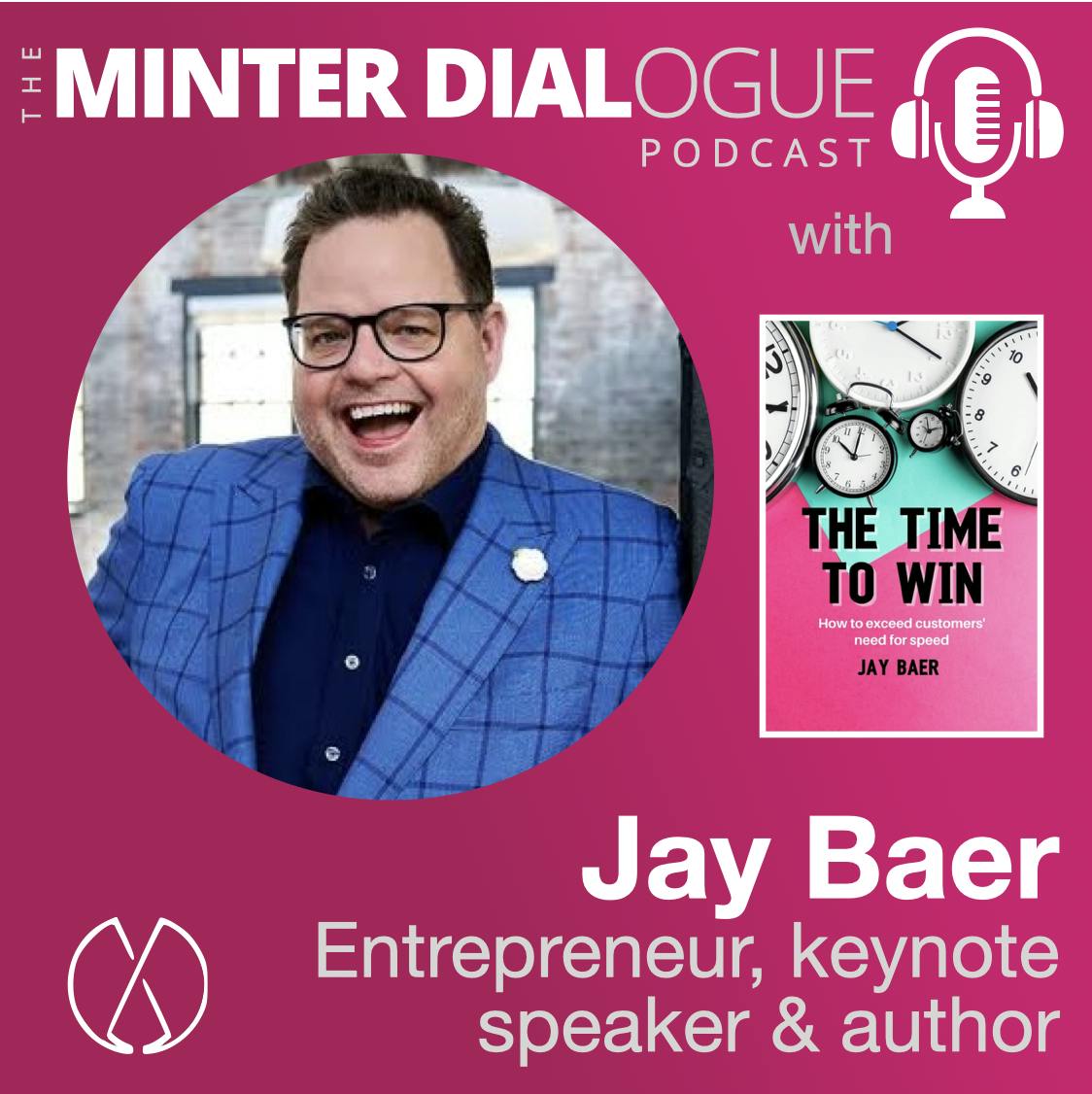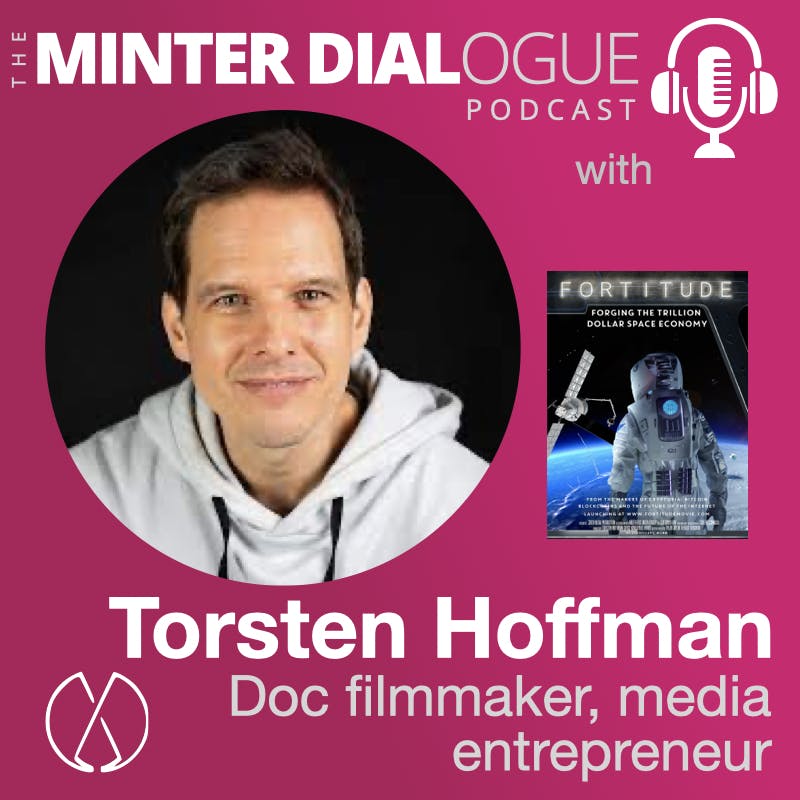Minter Dialogue with Markus Ernsten
Dive into the essence of leadership with Markus Ernsten, a seasoned mentor, coach, and the author of "True Leadership Comes from Within." In this episode, Markus shares his rich life experiences and insights into what constitutes genuine leadership. He challenges the traditional notions of leadership that prioritize external validation and self-presentation over internal growth and self-steering. With a background spanning engineering, sales, and mentorship, Markus offers a unique perspective on the evolution of leadership in the face of digital transformation and generational shifts in the workplace. Discover why Markus believes empathy, fairness, and respect are crucial in both professional and personal breakups. Learn about the power of gratefulness and how it can transform pain into satisfaction. Markus also touches on the differences in leadership styles across cultures and genders, proposing that women may inherently possess traits that make them more effective leaders.The conversation takes a deep dive into the challenges of leading during uncertain times, the importance of balancing hard facts with human feelings, and the courage required to let go and trust in the collective knowledge of a team. Markus also emphasizes the importance of smaller, more calculated decisions in navigating change.For leaders, aspiring leaders, and anyone interested in personal growth and effective management, this episode is a treasure trove of wisdom. Connect with Markus Ernsten through his website, LinkedIn, or grab a copy of his book on Amazon. Join us for a thought-provoking journey into the heart of true leadership.
00:00 - True leadership comes from within, says Markus Ernsten.
00:22 - Markus is a mentor and coach who helps people improve their lives
02:47 - You talk a lot about gratefulness during your breakup
09:07 - Markus wrote a book on leadership and why did he write it
14:01 - Is this a German centric view or is it mostly global
15:49 - What about German leadership? Is there anything unique or stands out
20:48 - What about successful role models as leaders?
26:54 - There are hundreds of leadership books out there, but why are we still writing them?
31:19 - Integrity is the first step to true greatness, says Charles Simmons
33:45 - What in your experience is the key to transforming your culture
42:39 - Post COVID managers often expect more autonomy, self responsibility, initiative
44:53 - Markus: Leadership in uncertain times is different from leadership in normal times
47:44 - Markus: When there's uncertainty, a major leader gives direction
50:25 - How can someone find Markus, get your book, hire you
If you've got comments or questions you'd like to see answered, send your email or audio file to nminterdial@gmail.com; or you can find the show notes and comment on minterdial.com. If you liked the podcast, please take a moment to go over to Apple Podcasts or your favourite podcast channel, to rate/review the show. Otherwise, you can find me @mdial on Twitter.

 United States
United States






















